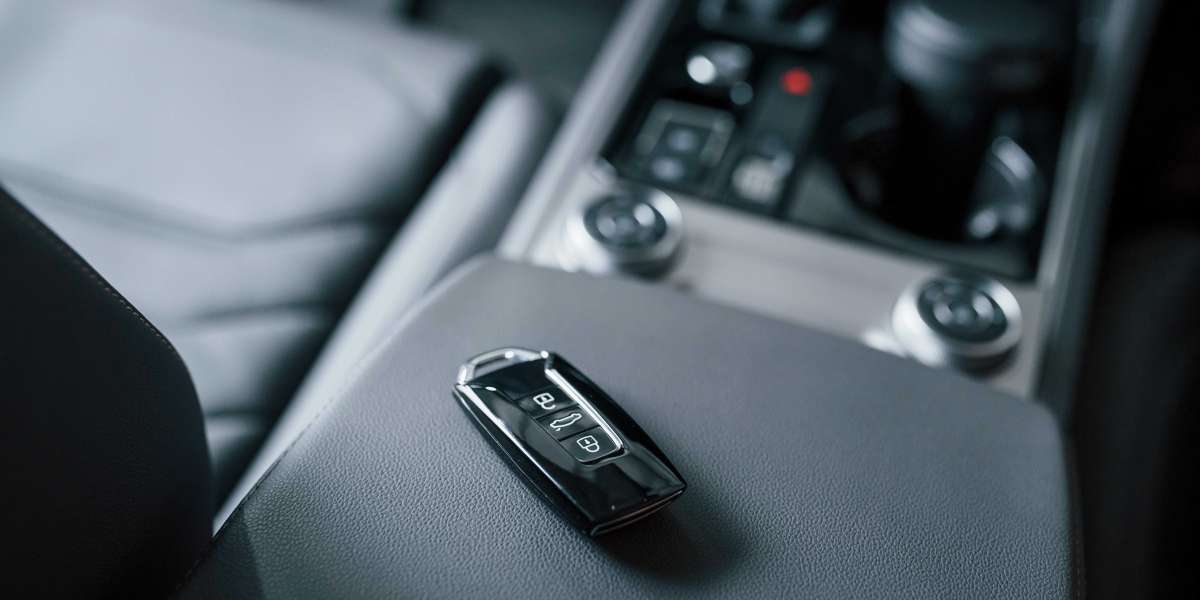
Understanding Replacement Keys: Your Guide to Key Duplication and Replacement Options
Keys are an important part of life, acting as the entrances to our homes, vehicles, and other protected spaces. However, losing or damaging a key can result in significant hassle and expenses. Replacement keys offer a useful service, however the procedure can vary depending on the kind of key and the provider. This short article will check out the various kinds of keys, the replacement procedure, and offer important info to help you navigate the world of key duplication and replacements.
Table of Contents
- Introduction
- Types of Keys
- 2.1 Traditional Keys
- 2.2 Transponder Keys
- 2.3 Key Fobs
- 2.4 Smart Keys
- The Replacement Process
- 3.1 DIY vs Professional Replacement
- 3.2 Cost Considerations
- Often Asked Questions
- Conclusion
1. Introduction
Replacement Vehicle Keys keys are important in circumstances where the original key is lost, stolen, or harmed. Understanding your options and the replacement procedure can conserve time, money, and stress. Whether you need a basic metal key or an advanced electronic key, knowing the right actions can lead you to the very best service.
2. Types of Keys
Keys been available in different kinds, each representing different locking mechanisms. Here are the most common types of keys:
2.1 Traditional Keys
Standard keys are typically made from metal and have a simple design. They are commonly used for property doors and simple locks.
- Pros: Easily duplicated, economical.
- Cons: Can be quickly lost or duplicated, less safe than contemporary choices.
2.2 Transponder Keys
Transponder keys are geared up with a chip that communicates with the vehicle's ignition system. They supply extra security against unapproved use.
- Pros: Enhanced security, tough to duplicate without proper devices.
- Cons: More expensive to replace, may require programs.
2.3 Key Fobs
Key fobs are remote gadgets typically utilized for keyless entry in cars. They may consist of additional functions such as panic buttons or trunk release.
- Pros: Convenience of keyless entry, features beyond just locking/unlocking.
- Cons: Higher replacement expenses, might need dealer services.
2.4 Smart Keys
Smart keys make use of sophisticated innovation, typically enabling gain access to without getting rid of the key from your pocket or bag. These keys communicate wirelessly with the vehicle.
- Pros: Highly hassle-free, incorporated with innovative security functions.
- Cons: Expensive, can be difficult to replace if lost.
| Type | Pros | Cons |
|---|---|---|
| Conventional Keys | Quickly duplicated, affordable | Easily lost, less safe and secure |
| Transponder Keys | Improved security | Pricey to replace |
| Key Fobs | Hassle-free, extra features | Greater replacement costs |
| Smart Keys | Highly practical | Really expensive |
3. The Replacement Process
The process of obtaining a replacement key differs based on the kind of key and where you choose to opt for replacement. Below are the primary alternatives:
3.1 DIY vs Professional Replacement
- DIY Replacement:
- Use key duplication sets readily available at hardware shops.
- Program transponder keys using devices that may be leased or acquired.
- Expert Replacement:
- Visit a locksmith professional for traditional keys.
- For state-of-the-art keys (like fobs or clever keys), it might be required to go to a dealership or specialized provider.
3.2 Cost Considerations
The expense of replacement keys can vary significantly based upon the type:
- Traditional Keys: ₤ 1-₤ 5 per key.
- Transponder Keys: ₤ 50-₤ 150 per key (including shows).
- Key Fobs: ₤ 50-₤ 300 or more, depending upon the model and features.
- Smart Keys: ₤ 200-₤ 600, typically depending on dealership fees and programming.
Expense Comparison Table
| Key Type | Quote Cost | Where to Replacement |
|---|---|---|
| Standard Keys | ₤ 1-₤ 5 | Regional hardware shops |
| Transponder Keys | ₤ 50-₤ 150 | Locksmiths or dealerships |
| online key replacement Fobs | ₤ 50-₤ 300 | Dealers |
| Smart Keys | ₤ 200-₤ 600 | Car dealerships |
4. Often Asked Questions
Q1: How can I get a replacement key for my car?
To get a replacement key for your car, call your dealership, a licensed locksmith, or a specialized key service. You may need to provide ownership evidence, such as registration.
Q2: Are all keys easily replicated?
Not all keys can be duplicated easily. Conventional keys can be quickly copied, while transponder keys and clever keys might require specific devices or programs, making them more difficult and more costly to replicate.
Q3: What should I do if I lose my last key?
If you lose your last key, it's a good idea to contact a locksmith professional or your dealer right away. Having your vehicle identification number (VIN) or evidence of ownership ready will accelerate the replacement process.
Q4: Can I replace a smart key at home?
Typically, clever keys require professional support to replace, as they typically include programming that can't be done using DIY approaches. Checking out a new car key replacement dealership is recommended.
5. Conclusion
The world of replacement keys encompasses a range of alternatives, each with its factors to consider concerning expense, ease of access, and convenience. Knowing the differences between conventional and electronic keys, along with comprehending the replacement process, can considerably reduce the problem of losing or harming your keys. Needs to the unfortunate circumstance emerge where a key is lost or harmed, being notified about your alternatives ensures a smoother replacement car keys uk experience.








